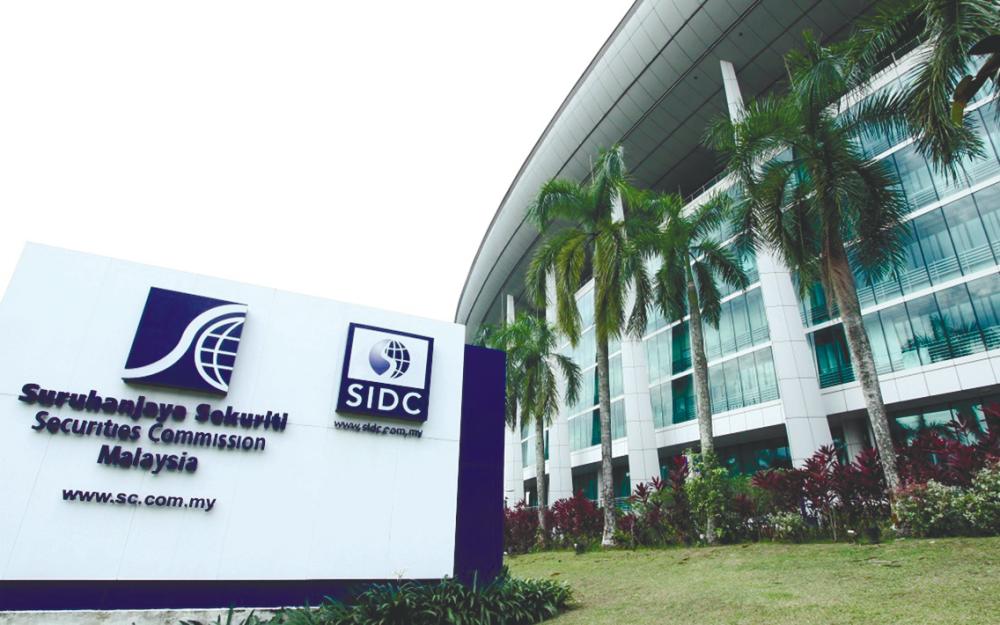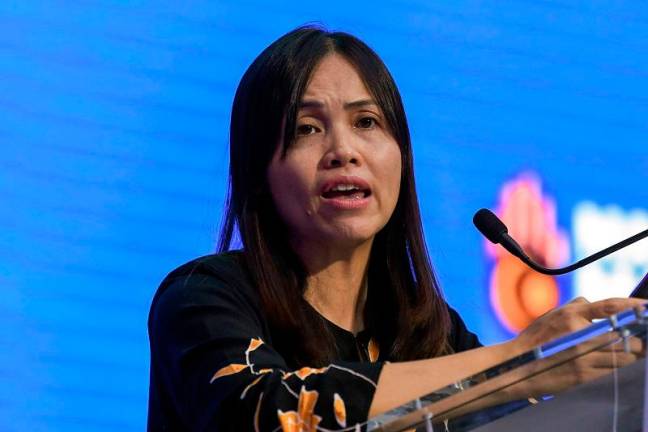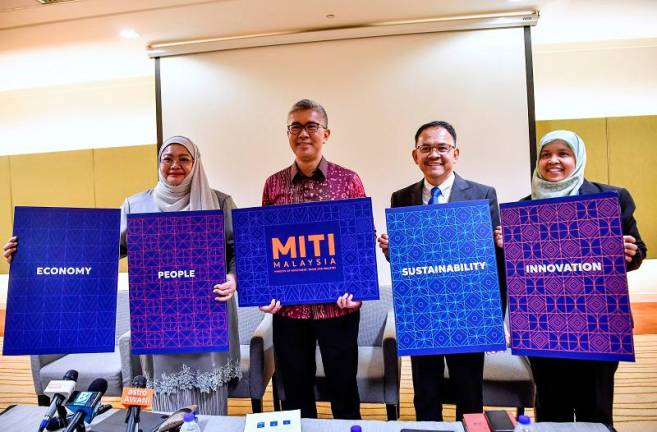KUALA LUMPUR: The Securities Commission Malaysia (SC) plans to adopt the International Sustainability Standards Board (ISSB), that is custom-fitted to the local context, with the aim to instill sustainability principles within Malaysian businesses.
SC chairman Datuk Seri Dr Awang Adek Hussin said that the move will embed sustainability into the DNA of Malaysia’s corporations.
“Malaysia is at a juncture in its development of domestic renewable energy sources as well as a carbon market. We cannot afford to fall short of environmental, social, and governance (ESG) standards,” he said in his address at the Business Foresight Forum 2023 today.
ISSB was formed in response to the demand for global sustainability standards. The standards aim to provide investors and financial markets with clear and consistent information about sustainability.
The ISSB builds on the work of market-led investor-focused reporting initiatives including the Climate Disclosure Standards Board (CDSB), the Task Force for Climate-related Financial Disclosures (TCFD), the Value Reporting Foundation’s Integrated Reporting Framework and industry-based SASB Standards, as well as the World Economic Forum’s Stakeholder Capitalism Metrics.
Awang Adek said that Malaysia is in a unique position to lead in sustainable finance by leveraging on its expertise in the Islamic Capital Market (ICM).
“The synergies and alignment between Shariah and ESG principles are naturally compatible,” he added.
He said that its regulatory frameworks such as the Sustainable and Responsible Investment (SRI) Sukuk Framework, SRI-Linked Sukuk Framework, and Waqf-Featured Fund Framework reflects SC’s commitment to both the sustainability and ICM agendas.
“Waqf is an innovative solution and social finance catalyst that aligns with this commitment to sustainable practices. We also intend to issue Maqasid al-Shariah principles by this year to ensure that our ICM’s next phase of growth is more deeply rooted in ethical, socially beneficial, and sustainable practices,” he added.
He, however, reiterated that the convergence of digital innovation, sustainability and talent is reshaping the way we live, work, and how we plan for the future.
“The imperative for industries is crystal clear: adapt or be left behind. Embrace digital innovation as a catalyst for growth. Harness the power of sustainability as a guiding principle, and invest in nurturing talent that will shape our future,” he said.
He added that in this transformative landscape, the industries that prosper will be the ones that seize the opportunities presented by this convergence, committing themselves not only to profitability, but also to the well-being of the people, and the preservation of the planet.










